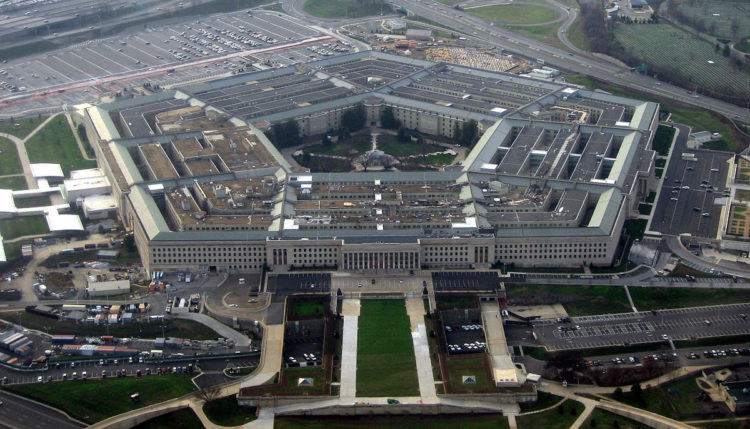The National Defense Authorization Act (NDAA) has passed the Senate for the 60th year. NDAA received a veto-proof majority of 84-13. This comes after the House of Representatives had, earlier last week, passed the bill by a 335-78 margin. NDAA 2021 will allocate a $740 billion budget to the Pentagon.
The Act will limit the president’s ability to withdraw troops from Afghanistan, South Korea, and Germany in the closing days of his presidency.
Regarding the Afghanistan withdrawal, the NDAA requires the Trump administration to submit a detailed report to Congress before withdrawing U.S. troops from the country. The troop withdrawal had been agreed as part of the U.S.-Taliban deal. NDAA also requires the incoming Biden administration to report on the Taliban’s compliance with the deal.
One of the bill’s bigger portions is over the renaming of military bases named after Confederate generals.
President Trump had vowed to veto NDAA. Now the only question remains whether President Trump will follow through on his vow to veto the defense bill and whether Republicans, some of whom need his support for re-election, will break from him by overriding his veto.
“There’s a reason this bill gets done every single year for the last 59 years: It’s the most important bill we’ll do all year,” Sen. Jim Inhofe (R-OK), Chairman of the Senate Armed Services Committee, said in a statement released after the passage of the NDAA. The Republican senator had openly clashed recently with the president.
Inhofe also recognized that both China and Russia are named as the U.S.’s top strategic potential adversaries. So, the U.S. is seeking to invest in new, hypersonic weapons technology. “Both China and Russia are ahead of us in hypersonics,” he added.
President Trump had repeatedly demanded that the bill include a repeal of Section 230, which shields social media companies such as Google, Twitter, and Facebook, from liability for their content.
Trump’s call for the repeal of Section 230 of the Communications Decency Act was actually posted on Twitter, the president’s preferred platform.
“Section 230, which is a liability shielding gift from the U.S. to “Big Tech” (the only companies in America that have it – corporate welfare!), is a serious threat to our National Security & Election Integrity. Our Country can never be safe & secure if we allow it to stand…..
…..Therefore, if the very dangerous & unfair Section 230 is not completely terminated as part of the National Defense Authorization Act (NDAA), I will be forced to unequivocally VETO the Bill when sent to the very beautiful Resolute desk. Take back America NOW. Thank you!”
Already have an account? Sign In
Two ways to continue to read this article.
Subscribe
$1.99
every 4 weeks
- Unlimited access to all articles
- Support independent journalism
- Ad-free reading experience
Subscribe Now
Recurring Monthly. Cancel Anytime.
Sen. David Perdue and Sen. Kelly Loeffler, two Republican senators from Georgia that seek re-election in a runoff in the first week of January, released a joint statement, hoping to extend an olive branch to President Trump in terms of both Section 230 and the renaming of Confederate bases.
“President Trump is absolutely right that Section 230 for Big Tech needs to be addressed, and we are fighting to do that in separate legislation,” the two senators said.
“Although we disagree with the renaming of military bases, we believe local communities are best suited to make those decisions. Ultimately, a strong America requires a strong military,” the pair added.
“We are committed to ensuring our women and men in uniform always have the resources they need to maintain our military advantage so that we can continue to stand up to China and combat growing global threats.”
The two larger bases in question are located in Georgia.
According to another NDAA provision, sanctions must be imposed on Turkey for its purchase of Russia’s S-400 anti-aircraft missile system.
Turkey’s purchase of the S-400 has been a major sticking point with both the Pentagon and U.S. legislators that say the system could identify weak points in Western technology, including the F-35 fighter jet. While the Turks have rejected that claim, they are known to test the S-400 against Turkish F-16s.
As a result, the Trump administration kicked Turkey out of the F-35 program due to the S-400 purchase.
The NDAA also continues Congress’s prohibition on the closure of the U.S. military prison at Guantanamo Bay, Cuba.










COMMENTS